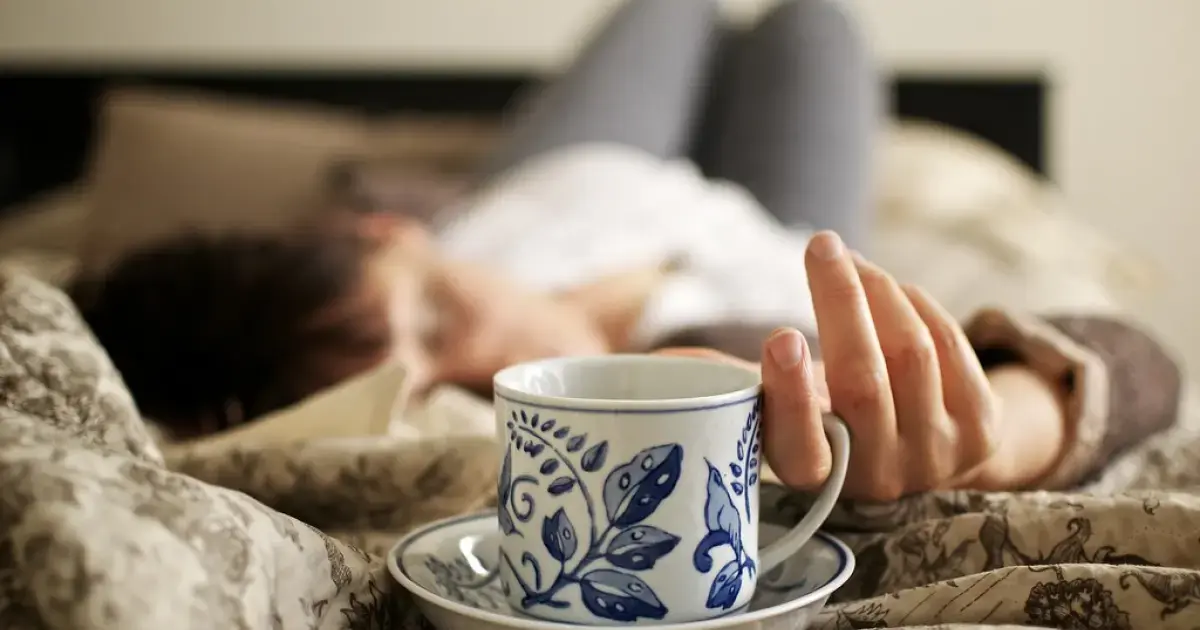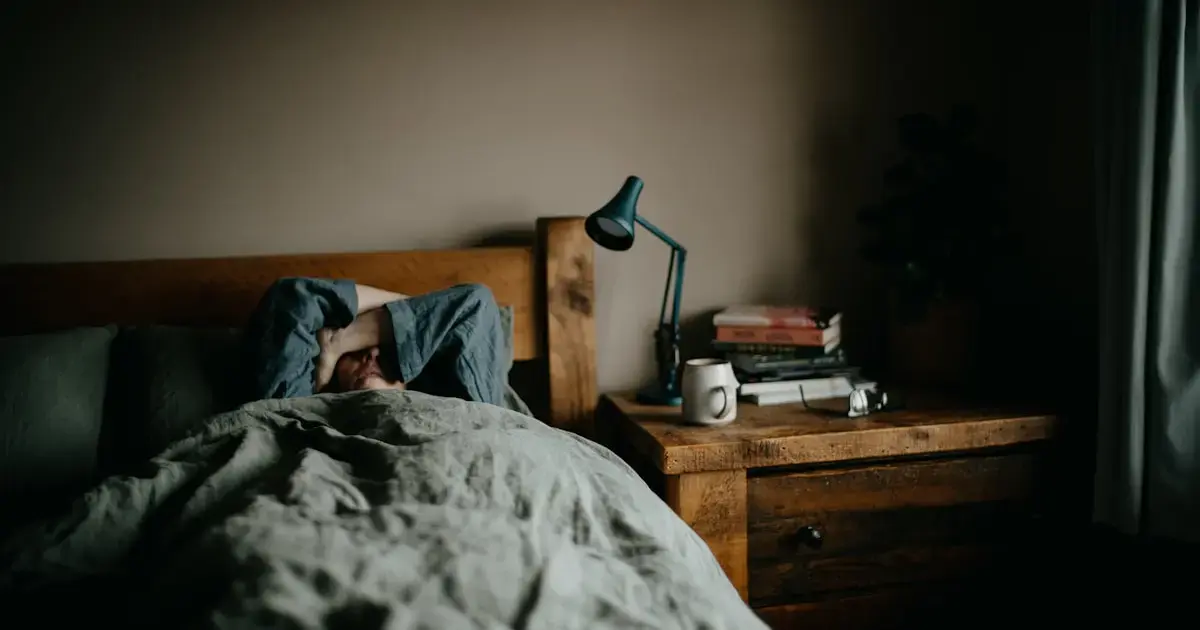 Research from Central Queensland University and Australian Catholic University has revealed that one of the consequences of quitting is the emergence of vivid, and often frightening, dreams. This peculiar effect can manifest just a few days after significantly reducing or stopping caffeine consumption.
Research from Central Queensland University and Australian Catholic University has revealed that one of the consequences of quitting is the emergence of vivid, and often frightening, dreams. This peculiar effect can manifest just a few days after significantly reducing or stopping caffeine consumption.
In Search of Scientific Justification
The research team decided to delve deeper into how caffeine affects . In their report, lead authors Charlotte Gupta and Karissa Gardiner noted that caffeine, a stimulant that energizes and boosts alertness, blocks a chemical in the brain called adenosine.
Adenosine typically accumulates throughout the day when we are active. By evening, this buildup in the brain triggers drowsiness. It is cleared from the body during sleep, allowing us to wake up feeling refreshed and ready for another day of adenosine accumulation.
Clearly, when the effects of caffeine wear off, our desire to sleep intensifies; this is known as the caffeine crash.
The half-life of caffeine ranges from three to six hours. Half of the caffeine consumed remains in the body after this time and, importantly, continues to affect adenosine levels. This is why consuming caffeine during the day or evening makes it difficult for many people to fall asleep.
There are not many direct studies showing that reducing caffeine intake makes our dreams more vivid. Most researchers focus on how caffeine affects sleep quality rather than what happens in our dreams.

How is Quitting Caffeine Related to Vivid Dreams?
It is known that caffeine reduces overall sleep duration and leads to frequent nighttime awakenings. In contrast, cutting back on caffeine allows the body to recover better.
The more we sleep, the longer the rapid eye movement (REM) phase can be. This phase is characterized by high brain activity and vivid dreaming. Naturally, a longer REM phase gives the brain more opportunities to create bright and detailed dreams, though they can also be quite scary.
If we wake up during this phase, we are more likely to remember our dreams, as reported by Science Alert.
Thus, if we drink less coffee, the REM phase will be longer, our dreams will become more vivid, and we will remember them better.
In summary, caffeine affects our sleep. Sleep influences our . When we eliminate or reduce caffeine from our diet, it may allow our brains to spend more time in the rapid sleep phase.

How to Manage Caffeine Properly?
When we think of caffeine, the first things that come to mind are and . However, there are many other products that contain it, such as energy drinks, sodas, chocolate, pre-workout supplements, and medications.
Of course, caffeine has several benefits. It improves cognitive functions and enhances mental health. Researchers have long found that coffee lovers are less prone to depression and have a lower risk of developing neurodegenerative diseases like . Additionally, coffee contains B vitamins and antioxidants, which are essential components of a healthy diet.
So, if you want to improve your sleep but don’t want to completely give up caffeine, it’s important to choose the right time to consume it, say Charlotte Gupta and Karissa Gardiner. According to a key rule, you should avoid caffeine for at least 8 hours before bedtime, and large doses should be avoided for 12 hours. Your brain will thank you, and your dreams will amaze you.
Photo: Openverse

